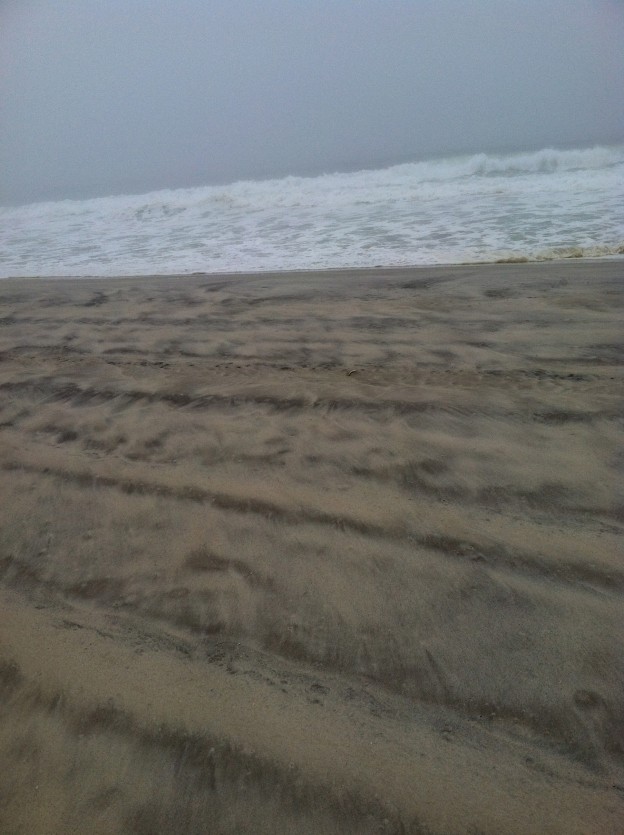Having just surfed my way through the torrents of people along 34th Street, past currents of traffic on and off the subway, aquarium views through minded closing doors, I feel compelled to write my first impressions down before the sea dilutes them to too great an extent. “What is digital humanities?” The question so aptly answered by classmates from across a spectrum of disciplines is one that I have been asked over just about every cup of coffee or glass of wine that I have had in the past three months. Since I first heard the term in a conversation with an admissions officer during the MALS application deadline extension, I have slowly whittled it down to what I hand wrote in my composition notebook: Digital Humanities provides digital approaches to and tools for the investigation, interrogation, representation and dissemination of the study of humanities.
In each of these coffee-cocktail conversations, the person I am talking to seems to decide that DH really belongs to her discipline. My sister, a children’s librarian, said it sounded suspiciously like a library degree. My roommate, a post-doctoral art historian at Columbia, immediately considered applications I could concoct to support her research on Dutch colonial art. Even my roommate who is a high-powered HR manager for a large retail store has taken to calling “digital humanities!” at the least provocation. The sheer interdisciplinarity of my generalized definition is what drew me to this track. In all my studies, I have struggled to connect. (Perhaps why Forster has always struck some raw nerve in me). I am interested in how these human connections transform alongside artificial developments.
To me, DH is something like New York City. It is a place where so many provincial ideas and particular cultures bump into each other that they have no choice but to reorganize and adapt. Local peculiarity made accessible on a large scale. In this crucible comes conflict – so many people, so many thoughts made so available can be overwhelming and contentious. It also seems to come with access – just as you may brush by your personal idols in the million+ crowded 33 square miles, so might they respond at random to a haphazard tweet. And in the way that CUNY, as a clamoring body of so many cells and committees and loopholes, seems to make higher academic thought available to the people it concerns, DH seems to amplify these opportunities for interaction and contribution.
I very much look forward to seeing how my feelings change with all I am learning, to understand better how to overcome suspicions, trust integrity, and determine authority with so much immediately and constantly available. Perhaps my anxieties will multiply; perhaps I will feel better equipped to navigate the constant updates and changes. Either way, digital humanities promise to be quite a ride.






I was hoping our first class would answer the question of what DH is, but, as you point out, it really threw the door wide open. Honestly, the openness scares me a little. I want/need a starting point. If I had a simple, concrete idea or technology or question, I would feel more comfortable.
As much as I ride the current myself, I don’t want to be swept away by it. Like an empty vessel , I am slowly beginning to feel the tide of DH rising and filling me. I do hope a time will come, when I can flow with it and navigate it gamely.